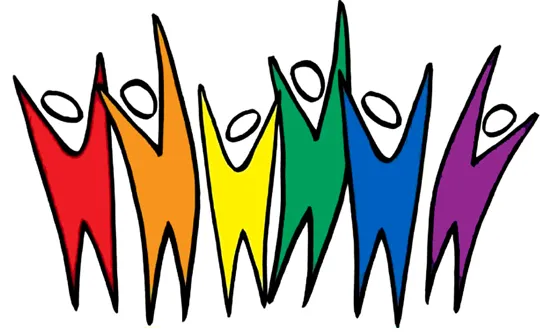The M.O.S.A.I.C. and LGBTQ+ Resource Center is located on the first floor of the University Center in room 110
1420 Austin Bluffs Pkwy.
Colorado Springs, CO. 80918
Phone: (719) 255-3319
Email: MOSAIC@uccs.edu
Staffed Hours: Monday - Friday, 8:00 a.m. - 5:00 p.m.
Appointments can be scheduled in the Student Support Network




